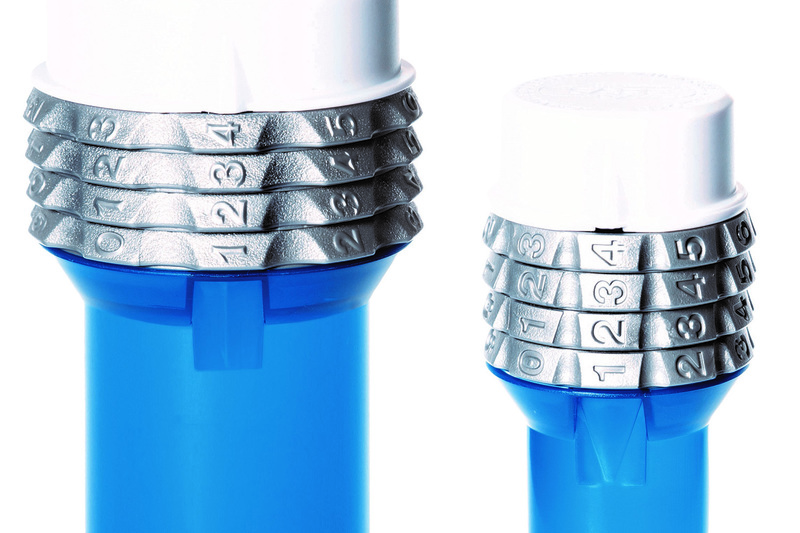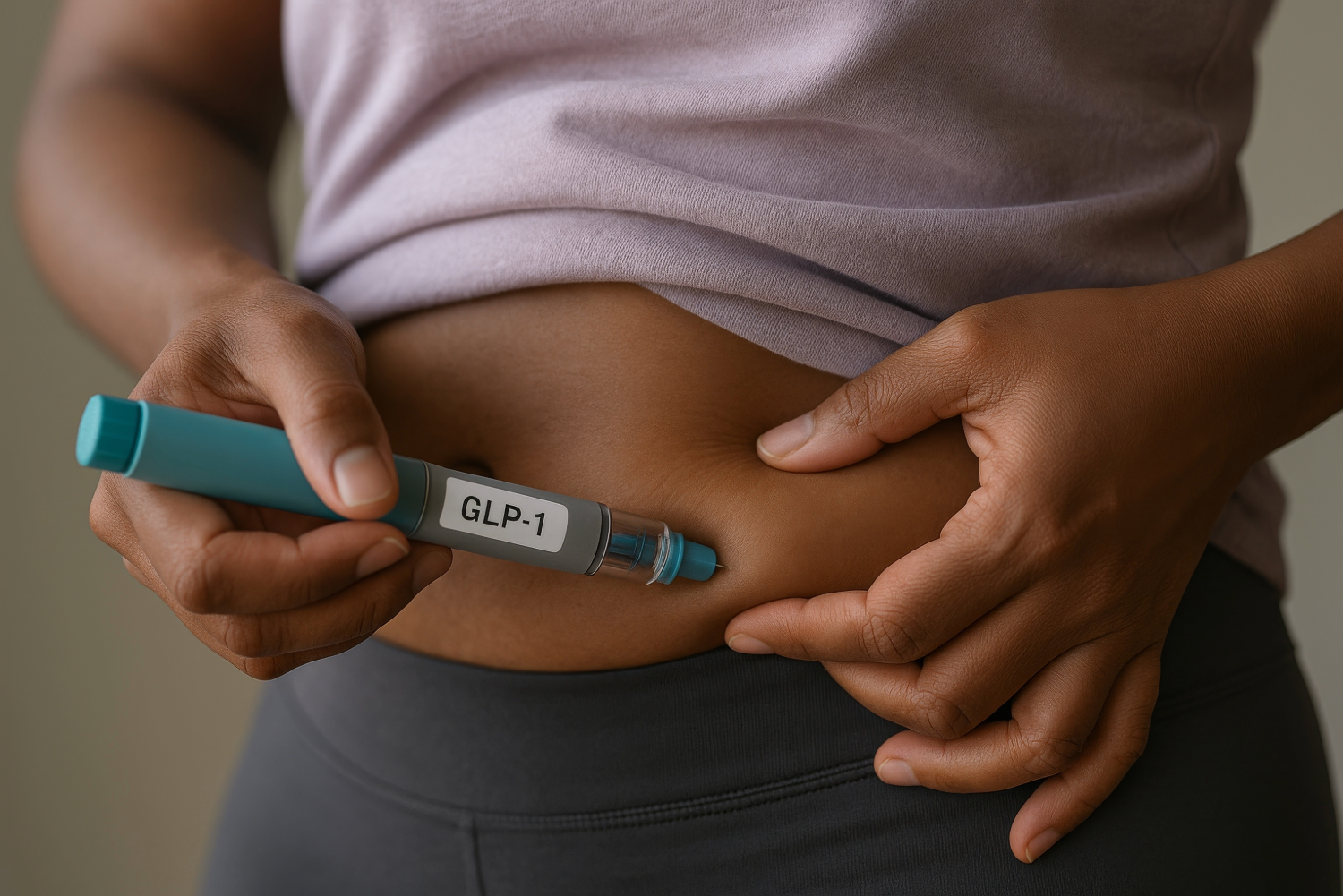News
Vail Health announces programs to fight drug abuse and access in Eagle County

Vail, CO (September 16, 2019) – Vail Health has been taking a multifaceted approach to address the opioid epidemic locally, and today announced the launch of a locking pill bottle dispensing program in its outpatient pharmacies in Vail and Edwards. Patients will now be offered Safe Rx’s Locking Pill Bottles® for opioids and other controlled substances at no additional cost. Vail Health’s pharmacies are the first in Colorado to provide Locking Pill Bottles. This new patient safety tool is proven to reduce pill theft and prevent drug abuse and initiation.
“The ongoing opioid crisis must be proactively addressed from multiple angles, and Vail Health is investing across all channels: education, awareness, prevention and recovery,” explains Vail Health’s President and CEO Will Cook. “The Locking Pill Bottle is an effective safeguard, and it encourages education and discussion amongst our patients and the community on the dangers of certain medications. The hope is that this, and other measures, help prevent dangerous and highly addictive prescription pills from falling into the wrong hands and being misused or abused.”
Research indicates that prescription opioids are the number one gateway to heroin addiction and have become one of the most commonly abused substances among 12- and 13-year-olds. Pill theft from family medicine cabinets is a primary source of teen drug abuse.
Each Locking Pill Bottle is given a unique 4-digit code for security, which is registered at safe-rx.com and within the pharmacies’ systems in case patients forget their code. The bottles are made of a thicker plastic than normal prescription vials to reduce tampering.
Vail Health has also added safe disposal boxes to their pharmacies for both controlled and non-controlled medications. In addition, patients are offered Deterra® drug deactivation pouches to deactivate and dispose of unused, expired or unneeded medications in their home. The goal of safe disposal is to keep people and pets safe from misuse of medications or accidental poisoning. It also reduces the amount of drugs in wastewater and helps protect Eagle County’s watershed.
In addition to the efforts underway in the pharmacies, Vail Health’s Pain Management Committee has been exploring alternative medications and therapies for managing pain.
“Our goal is to maximize comfort and minimize risks due to any medications,” says Dr. David Ruttum, an anesthesiologist with Anesthesia Partners of Colorado and a leader on the Pain Management Committee’s work to reduce the prescription and exposure of opioids. “Orthopaedic surgery tends to be opioid heavy and the majority of surgeries we do in Vail are orthopaedic. We are very concerned with managing a patient’s pain in ways other than just opioids.”
Over the last couple years, the Committee has measured opioid use for various types of surgery performed locally. By employing best practices for pain management and opioid reduction, Vail Health and its partners have been able to implement a change in opioid use both during and after surgery.
“By doing things as simple as giving the patient Tylenol and anti-inflammatory medication before surgery, we have been able to reduce opioid use by 20% both during and after surgery. In the
operating room, we’ve started giving other non-opioid pain-relieving medications,” says Dr. Ruttum.
Dr. Ruttum’s team has also started to give patients oral medications during recovery. Previously, patients would only receive intravenous medication in the recovery room.
“Now, patients are sent home with the same medication, so everyone knows how well that medication is working before patients leave the hospital,” he explains.
New professional guidelines are being created for how many opioids a patient goes home with based on what type of surgery has been performed. The Pain Management Committee is meeting with surgeons and establishing set amounts of medications to send home with patients.
Vail Health's Family Birth Center has also been working to decrease opioid use amongst its childbirth patients. By giving non-opioid medication in the hospital, they have decreased opioid use from 55% to 29% without increasing pain in their patients.
According to Dr. Ruttum, talking with patients about opioids is critical to the effort. “So many people are concerned; they read about the crisis in the news. More often than not, patients thank me for coming up with a plan. They’re grateful that I cared enough to talk to them.”
About Vail Health
Vail Health, formerly Vail Valley Medical Center, is a nonprofit community health care system with 12 locations across Eagle and Summit counties. Vail Health offers a 56-bed hospital, 24/7 emergency care, helipad, urgent care clinics, cancer care, breast centers, cardiovascular services, surgery, childbirth, physical therapy, primary care and more. Locally operated and governed by a volunteer board of directors, Vail Health has invested millions of dollars back into the community. For more information regarding Vail Health Pharmacy visit www.vailhealth.org/pharmacy.
About Safe Rx LPBs®
Safe Rx Locking Pill Bottles (LPBs®) keep medicine from falling into the wrong hands. Physician-developed, child-resistant and senior-friendly certified, Safe Rx LPBs are a simple safe storage solution. They use a combination lock to protect individuals, families and communities from accidental pediatric poisoning and intentional drug abuse. For more information please visit www.safe-rx.com.
More News
-
New!
More

The Heart of It All: How Cardiovascular Health Shapes Longevity
Most of us know a healthy heart will increase our chances for a long and vital life, but how many of us truly understand how to live for a healthy heart? According to the American Heart Association, heart disease remains the number one cause of death, for both men and women, in the United States.
-
New!
More

GLP-1s and Your Health Journey: What You Need to Know
Interest in GLP-1 agonist medications, once used almost exclusively for diabetes, is soaring. Now widely referred to as weight loss injections, drugs like semaglutide (Ozempic, Wegovy) and tirzepatide (Mounjaro, Zepbound) are ubiquitous in celebrity chatter, social media and everyday patient conversations. But as demand grows, it’s increasingly important to separate hype from reality. Who qualifies for these drugs under FDA guidelines? When are they helpful? And when might carefully supported lifestyle changes offer a safer or more sustainable path?
-
New!
More

Back on the Slopes: How to Recover Physically and Mentally After a Ski or Snowboard Injury
Living in a ski town, injury is inevitable. Recovery isn’t just about regaining strength, it’s about building trust in your body. The best path back to skiing blends physical training with mental conditioning, patience with persistence. With the expert teams at Vail Health - from Howard Head Sports Medicine to Vail Health Behavioral Health - recovery is more than healing; it’s coming back stronger, smarter and more confident than before.





